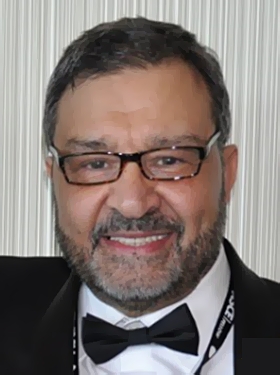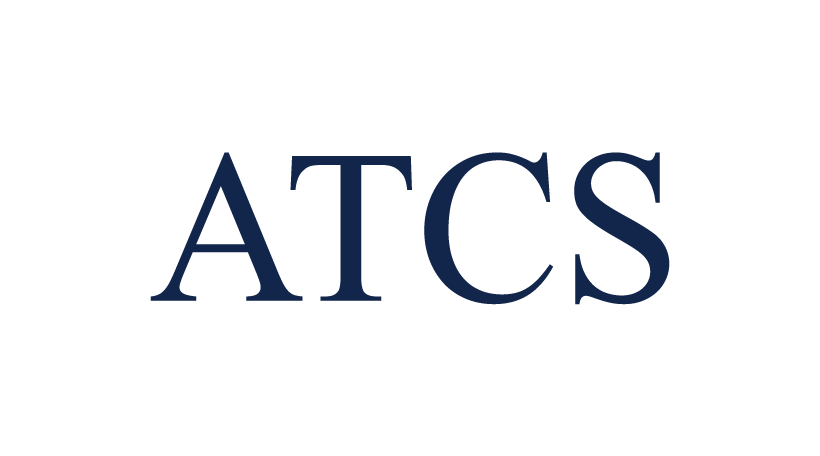Conquering the FE & PE Exams:
Prove Yourself Without Saying a Word
We hope our readers had an enjoyable and relaxing summer. The month of September signals the end of summer, the beginning of autumn, and of course the start of a new school year if you are living in the Northern Hemisphere.
I had a very busy summer, working on several projects and as always, I was helping engineering students and practicing engineers, pro-bono, to conquer their FE and PE exams. I must admit, I also had a chance to visit my 95-year old mother living in Istanbul. It was a wonderful trip and my batteries are fully charged!
This month, I would like to answer two most frequently asked questions that we’ve been receiving from our readers in the United States and from overseas.
Who prepares, administers, and scores the FE and PE exams?
The National Council of Examiners for Engineering and Surveying (NCEES) develops, administers, and scores the FE and PE exams used for engineering and surveying licensure in the United States.
In a nutshell, what is FE exam?
The Fundamentals of Engineering (FE) exam is generally your first step in the process to becoming a professional licensed engineer (P.E.). According to NCEES, every year 55,000 people take the FE exam and most of them are college seniors within one year of graduating or are recent graduates. It is designed for recent graduates and students who are close to finishing an undergraduate engineering degree from an EAC/ABET-accredited program. The FE exam is a computerbased exam administered year-round at NCEES-approved Pearson VUE test centers.
The FE exam includes 110-questions. The exam appointment time is 6 hours long and includes a nondisclosure agreement (2 minutes), tutorial (8 minutes), actual exam (5 hours and 20 minutes), and a scheduled break (25 minutes).
The FE exam is offered in seven disciplines. Specifications for the exams are as follows: FE Chemical, FE Civil, FE Electrical and Computer, FE Environmental, FE Industrial and Systems, FE Mechanical, FE Other Disciplines. The NCEES FE Reference Handbook, version 9.5 is the only reference material that can be used during the exam. You will be provided with an electronic reference handbook during the exam. For access prior to your exam, you may either purchase a hard copy or download a free electronic copy.
In a nutshell, what is PE exam?
The Principles and Practice of Engineering (PE) exam tests for a minimum level of competency in a particular engineering discipline. It is designed for engineers who have gained a minimum of four years’ post-college work experience in their chosen engineering discipline. The PE exam is offered in the following seventeen disciplines:
Agricultural and Biological Engineering, Architectural Engineering, Chemical Engineering, Civil Engineering, Control Systems, Electrical and Computer, Environmental Engineering, Fire Protection (New), Industrial and Systems, Mechanical Engineering, Metallurgical and Materials, Mining and Mineral Processing, Naval Architecture and Marine, Nuclear Engineering, Petroleum Engineering, Software Engineering, and Structural Engineering.
PE Civil Exam Specifications
The PE Civil exam is an 8-hour exam with 80 questions. It is administered in pencil-and-paper format twice per year in April and October. It is important to familiarize yourself with your state licensing board’s unique registration procedures before registering for a PE exam. Special accommodations are available for examinees who meet certain eligibility criteria and sufficiently document their request.
The PE Civil exam is a breadth and depth examination. This means that examinees work the breadth section in the morning and one of the five depth modules in the afternoon. The breadth section contains questions from all five areas of civil engineering. The depth section focuses more closely on a single area of practice.
The details on the format, length of the exam, the topics covered, and applicable design standards, depend on the disciplines as listed belo
Construction (with design standards for the 2018 exam), Geotechnical (with design standards for the 2018 exam), Structural (with design standards for the 2018 exam), Transportation (with design standards for the October 2018 exam), Water Resources and Environmental.
It is important to remember that when registering for the PE Civil exam, you will also be asked to select an afternoon module. Your answer sheet will be scored based on the module that you selected during registration.
PE exam specifications and design standards are posted 6 months before the exam administration. Updates for the April exams are posted in November, and updates for the October exams are posted in May.
I would like to close with an exciting news. Starting this month, Prof. Howard Gibbs, P.E., F-NSPE will be contributing to Dr. Z’s Corner on “Ethics.” His career highlights are included at the end of the problems section.
Until next time,
Ahmet Zeytinci (Dr.Z.)
This email address is being protected from spambots. You need JavaScript enabled to view it.








